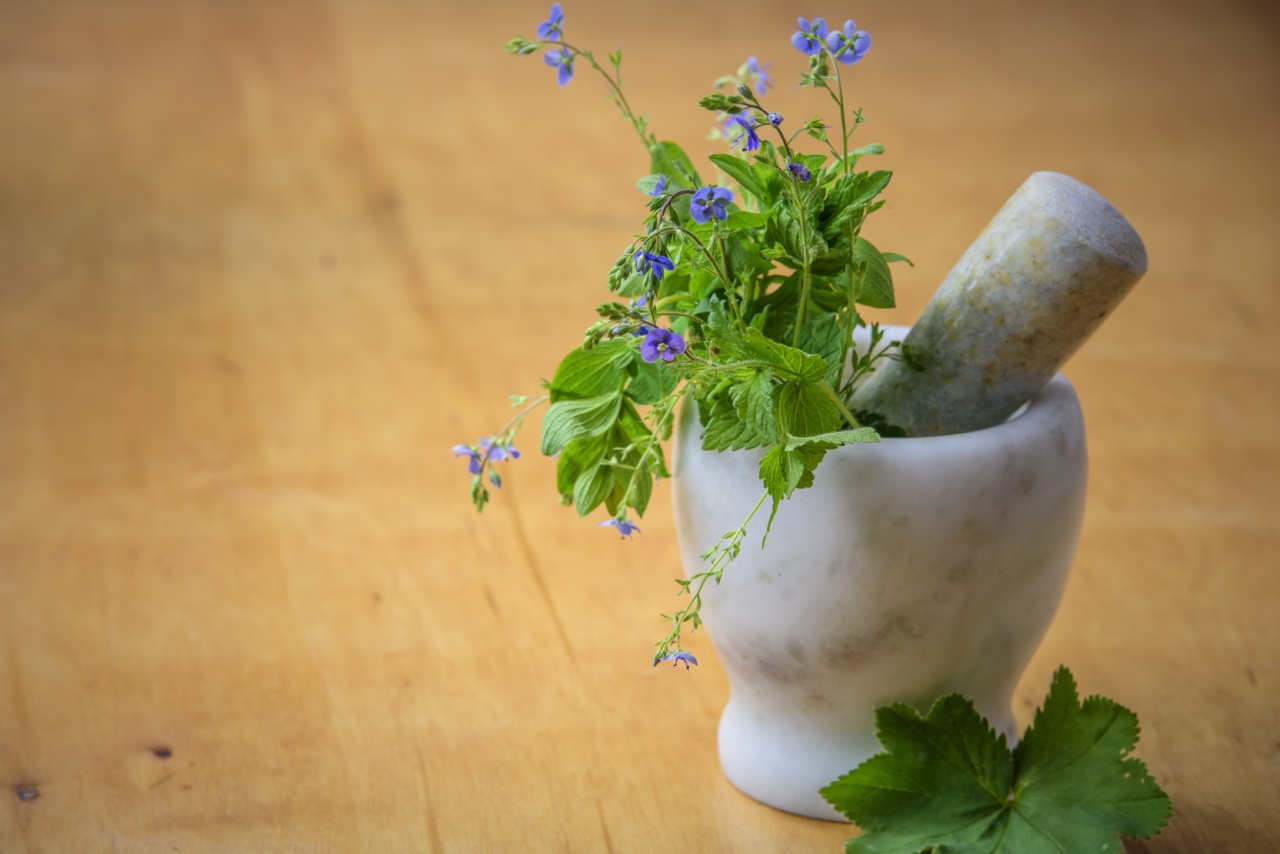The winter season can be harsh on your health, and it can impact your immune system and mood. However, there are some ways to help yourself stay healthy and energized during the colder months by incorporating winter herbs and spices into your diet.
1. Ginger
Ginger is a popular spice that is widely used in winter. It can be added to tea, soup, or even oatmeal for flavor and added health benefits. Ginger is known to help with digestion, reduce inflammation, and alleviate nausea and vomiting.
2. Cinnamon
Cinnamon is a popular spice that makes winter drinks and desserts taste amazing. It is rich in antioxidants and anti-inflammatory properties.
Cinnamon can help to lower blood sugar levels, reduce cholesterol, and ease inflammation related to arthritis and other autoimmune disorders.
3. Rosemary
Rosemary is a fragrant herb that is often used to add flavor to soups, stews, and roasted meats. It has anti-inflammatory and antioxidant properties that can help to bolster the immune system and reduce inflammation in the body.
Rosemary is also beneficial for respiratory health and can help to relieve congestion.
4. Thyme
Thyme is an herb commonly used as a seasoning in winter dishes, especially in slow-cooked stews and casseroles.
It is known for its anti-inflammatory, antiseptic, and antioxidant properties that can help to boost the immune system, reduce cough, and relieve pain and muscle spasms.
5. Turmeric
Turmeric is a spice that has been used for centuries in traditional Ayurvedic medicine due to its antioxidant and anti-inflammatory properties.
It is known to help reduce joint pain and stiffness, improve brain function, and support cardiovascular health. Turmeric can be added to warm milk or tea or used to spice up winter dishes.
6. Sage
Sage is an herb that has a unique aroma and flavor that complements winter dishes. It is a natural antiseptic and pain-relieving herb that can help alleviate mouth sores, sore throat, and congestion.
Sage contains compounds that can help to improve brain function and enhance memory and concentration.
7. Nutmeg
Nutmeg is a spice that has a warm, sweet taste that is perfect for winter baking. It is known to have antibacterial properties that can help to fight off infections and soothe skin conditions.
Nutmeg is also an excellent source of potassium, magnesium, and calcium, which are essential for maintaining bone health.
8. Cardamom
Cardamom is a spice that is commonly used in chai tea and other winter beverages. It is known for its antioxidant and anti-inflammatory properties that can help to reduce nausea, improve digestion, and relieve stomach pain.
Cardamom can also help to improve blood sugar control and support cardiovascular health.
9. Garlic
Garlic is a versatile herb that can be used to add flavor to many winter dishes. It is rich in sulfur compounds that can help to boost the immune system and reduce inflammation in the body.
Garlic is also beneficial for heart health, as it can help to lower cholesterol and blood pressure levels.
10. Cloves
Cloves are a powerful spice that can help to boost the immune system and relieve pain, especially in winter. They contain compounds that have antimicrobial and anti-inflammatory properties that can help to reduce cough, sore throat, and toothache.
Cloves are an excellent source of antioxidants that can help to fight off free radicals and protect against chronic diseases.
Conclusion
Winter herbs and spices are excellent natural remedies to help you stay healthy and energized during the colder months.
Incorporating these herbs and spices into your diet can provide a wealth of health benefits, from boosting immunity to reducing inflammation and relieving pain. Whether you prefer to use them in your cooking or enjoy them as supplements, winter herbs and spices can go a long way in supporting your overall health and wellbeing.































